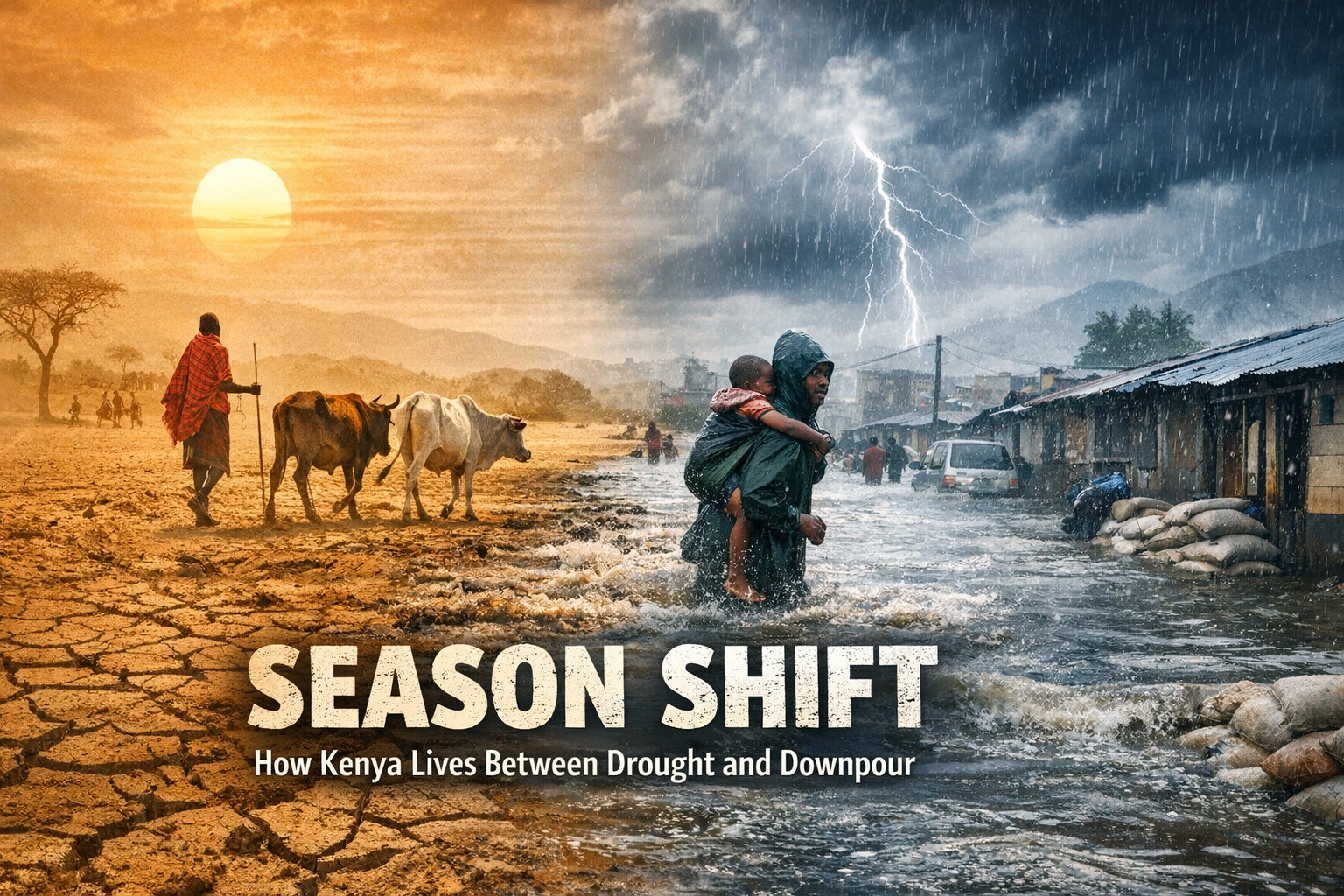- Integrating these tips into our daily lives can positively impact and cultivate a resilient and environmentally conscious world.
In our ongoing commitment to preserving and caring for our environment, there are several vital practices we can adopt to ensure a more sustainable future. Integrating these tips into our daily lives can positively impact and cultivate a resilient and environmentally conscious world.
1. Minimizing Waste and Conserving Resources
Firstly, minimizing waste and conserving resources is essential.
This involves actively reducing our consumption, whenever feasible, we can engage in the practice of reusing items and responsibly recycling materials like paper, plastic, glass, and metal.
By embracing these habits, we contribute to conserving natural resources and promoting a more sustainable waste management approach.
Read More
2. Embracing Energy Efficiency and Renewable Sources
Secondly, using energy-efficient appliances is a crucial step in our endeavors to mitigate climate change.
One way to accomplish this is by utilizing energy-efficient appliances, practising mindful habits such as turning off lights and electronics when not in use, and considering investments in renewable energy sources like solar and wind power.
These actions contribute to reducing emissions and fostering a greener, more sustainable future.
3. Practicing Responsible Water Usage
Responsible water usage is another vital aspect of environmental stewardship. By fixing leaks, taking shorter showers, and utilizing water-saving appliances and fixtures, we actively contribute to water conservation efforts.
Additionally, landscaping with drought-resistant plants and adopting rain barrels for outdoor water needs further enhance our responsible water usage practices.
4. Reducing Plastic Pollution
Addressing the problem of plastic pollution is an urgent matter that demands our focus. To combat this problem, we can consciously avoid using single-use plastics such as bags, bottles, and straws.
Instead, we can choose reusable alternatives like fabric bags, stainless steel water bottles, and bamboo utensils. By making these choices, we actively minimize plastic waste and safeguarding our oceans and marine biodiversity..
5. Supporting Conservation Efforts and Protecting Natural Habitats
Backing conservation initiatives and promoting the safeguarding of natural habitats is crucial for maintaining the overall health of our planet.
Preserving forests, wetlands, and coral reefs ensures clean air, water, and biodiversity, vital for the well-being of humans and the environment. By actively participating in conservation initiatives and increasing awareness about the significance of these ecosystems., we play a part in securing the long-term sustainability of our planet.
6. Embracing Sustainable Transportation
Embracing sustainable transportation practices is another crucial aspect of environmental stewardship.
We can use public transportation or carpool or consider switching to electric or hybrid vehicles whenever possible. By making conscious choices in our daily commute, we actively reduce our carbon footprint and play a role in fostering a greener and more ecologically conscious transportation infrastructure.
7. Staying Informed and Advocating for Change
Staying informed about environmental issues and advocating for change is paramount. Reading books, watching documentaries, and following reputable news sources can deepen our understanding of the challenges we face and the solutions available to us.
Sharing our knowledge with others and actively advocating for strong local, national, and international environmental policies is vital in driving constructive transformation and establishing a sustainable tomorrow..
Let us make wise choices, embrace environmental consciousness, and work together to safeguard our environment for a brighter and more prosperous future.







